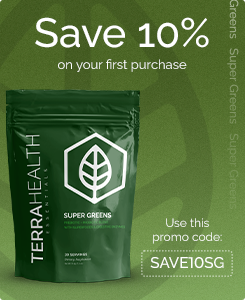What’s the first thing that comes to mind when you think about “fiber”? I bet it’s something to do with your toilet activities…right?! And you’re not wrong. Having a high fiber diet is essential for a healthy digestive system.
However, whilst fiber is super important for regulating your bowel movements, it has many more benefits! A high fiber diet can boost your immune system, help with weight loss, lower cholesterol, improve blood glucose levels, prevent and reduce hemorrhoids, help with IBS symptoms, and improve a range of chronic illnesses caused by inflammation. In the words of a well-known Irish physician, Denis Burkitt, “…if you pass small stools, you have to have large hospitals”.
So here’s the low-down what it can do to heal your gut, and how you can make sure you’re getting enough of it.
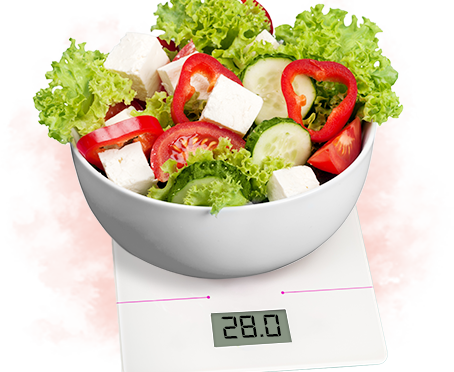
1. You’re Probably NOT Getting Enough Fiber
The World Health Organization recommends that adults get about 25-30g of fiber daily. Yet the average American gets about half of that (15g). And this isn’t just a US problem. The same applies to the UK. Both men and women only get about two-thirds of the recommended fiber intake, and most of Europe is below par too. Yikes. The good news is knowledge is power! Now you know you’re not getting enough in your diet you can start doing something about it!
2. There Are Two Types of Fiber
Soluble fiber dissolves better and has a gel-like texture. This slows down digestion so you feel fuller for longer. It can hold water in the large intestine which helps with the waste elimination by softening hard stools and firming up loose stools.
Insoluble fiber works a bit differently. It doesn’t dissolve and it’s not digested either. It has more of a mechanical action by rubbing against the intestinal lining to stimulate water and mucus secretion into the bowel. This adds water to the stool increasing your bowel movements to prevent constipation.

3. Fiber Nourishes Probiotics in Your Gut
Your gut is packed full of trillions of bacteria that keep it functioning at its best. This impacts the health of every organ in your body. It boosts your immunity, prevents inflammation, and even regulates your mood. A high-fiber diet feeds the good bacteria (probiotics) in your gut so that they can thrive. The more microbes we have and the better the diversity of these microbes means a thicker mucosal barrier in the lining of the stomach. This reduces the whole-body inflammation that contributes to a wide range of illnesses.
Fiber is actually the food for this bacteria (this is what we call prebiotics). And research has shown that when your fiber intake is too low this bacteria can start eating into that essential mucus barrier protecting the gut!
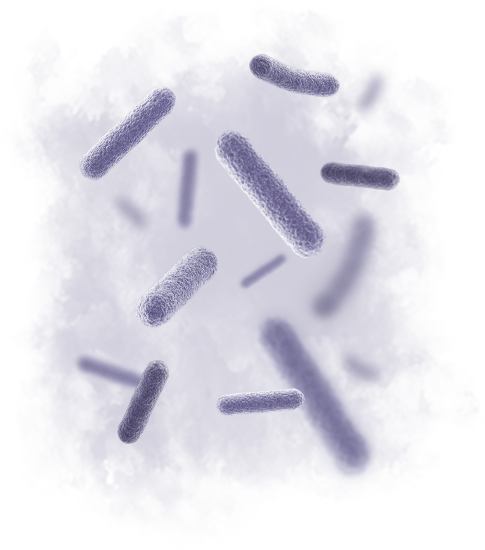
4. Processed Foods = Less Fiber
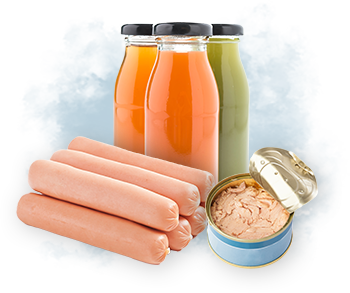

Adding more fiber to your diet simply takes some planning and consistency. Try to start every day with some in your breakfast. Aim for 30g daily from whole foods rather than the processed variety. Seek out the unpackaged foods in the supermarket.
These foods should be on your shopping list and in your daily diet:
- Fruit & vegetables
- Wholegrains
- Beans and legumes
- Nuts and seed
Maximize Your Fiber Intake With Super Greens
Our Super Greens daily shake is packed full of all the nutrients your body needs to perform optimally all day, every day. Just one scoop in the morning will kickstart your digestion and set you up for the day ahead!
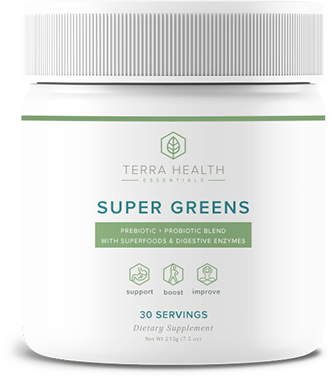

Try it today and Save 20% on your first purchase using the coupon code Fiber20

